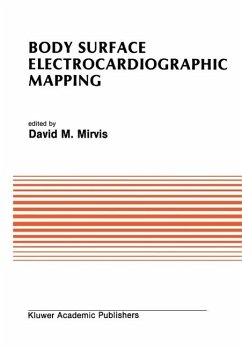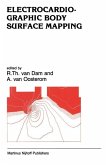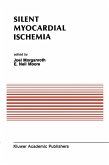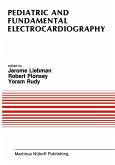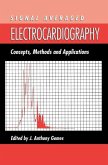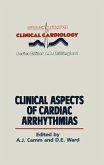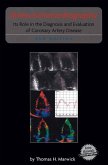To accomplish these objectives, the book is Body surface electrocardiographic mapping is not a new technique. It is one initially de divided into five sections. In Part I, the deve veloped many decades ago, but it has only lopment of electrocardiographic leads as well as recently matured into a powerful tool for surface mapping is viewed from an historical studying the cardiac electrical field. This book perspective. This is followed in Part II by a is intended to review, both critically and in review of the fundamental physiologic and detail, the applications of this unique method biophysical principles of electrocardiography in both clinical and experimental environments. and a discussion of basic mapping techniques. A comprehensive description of reported re Applications of these methods to the normal sults is, however, only a first goal. An equally and the abnormal heart are then presented in important objective is to explore the elec Parts III and IV, respectively. Finally, the trophysiologic and biophysical bases for the work concludes (Part V) with a consideration empirically observed electrocardiographic pat of possible future directions that body surface terns. It is only after considering these basic mapping may follow. The final result is, hope foundations that the values and the limitations fully, a thorough statement defining the cur of any electrocardiographic method can be rent s~atus of body surface electrocardiographic understood. This is particularly true for body mappmg.
Dieser Download kann aus rechtlichen Gründen nur mit Rechnungsadresse in A, B, BG, CY, CZ, D, DK, EW, E, FIN, F, GR, HR, H, IRL, I, LT, L, LR, M, NL, PL, P, R, S, SLO, SK ausgeliefert werden.

